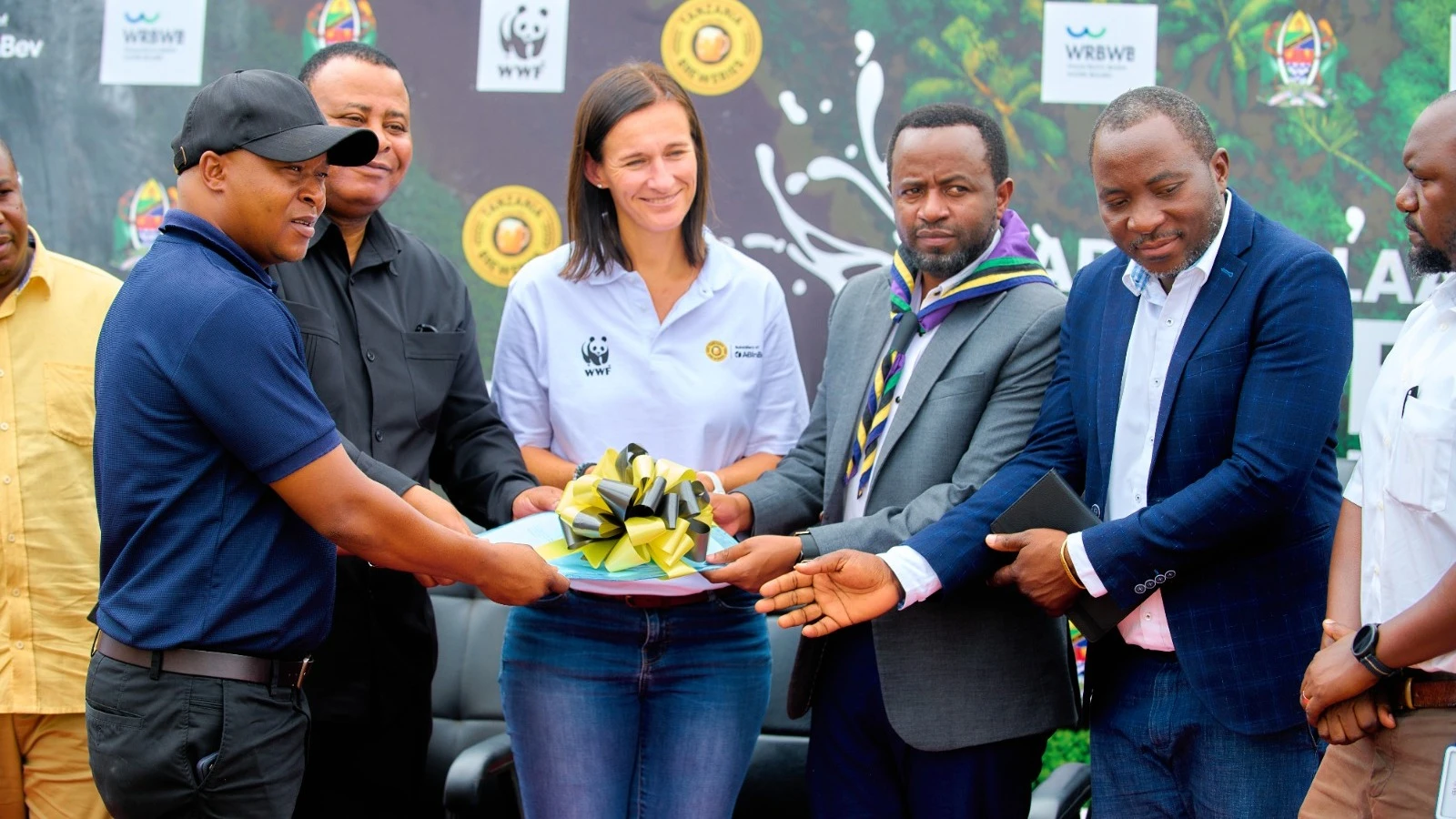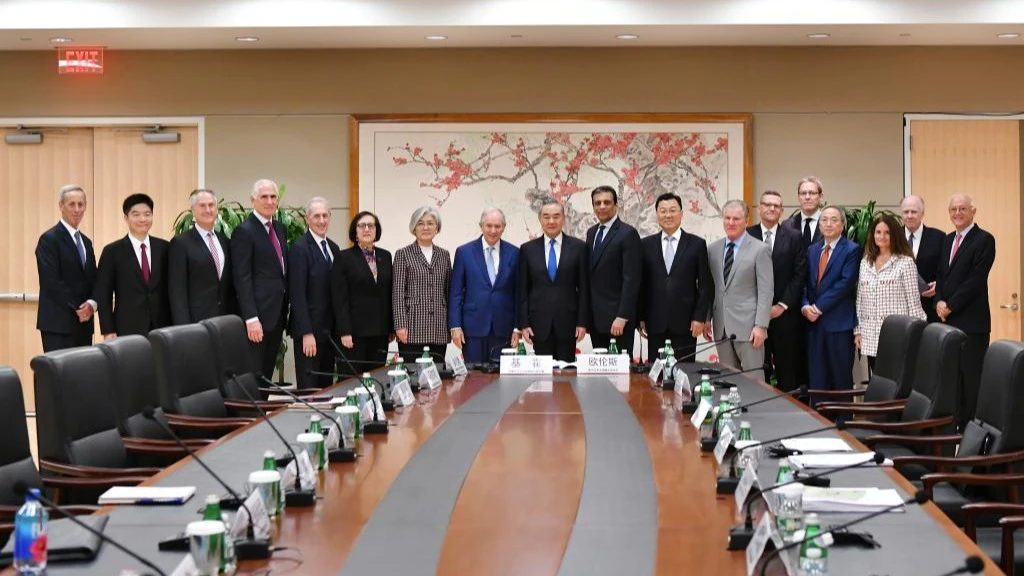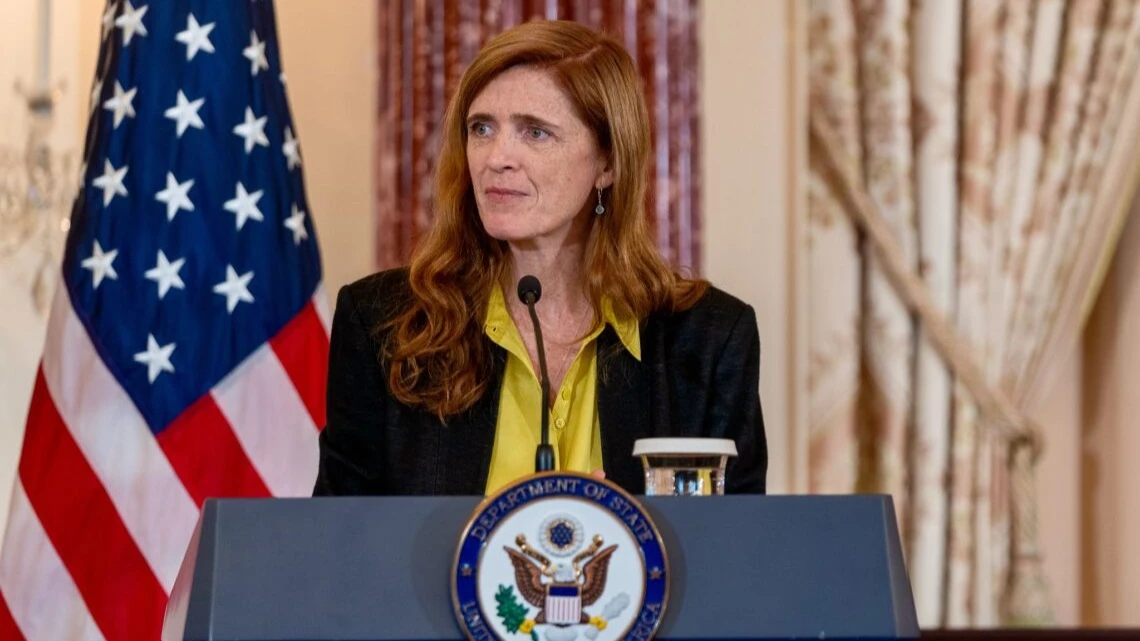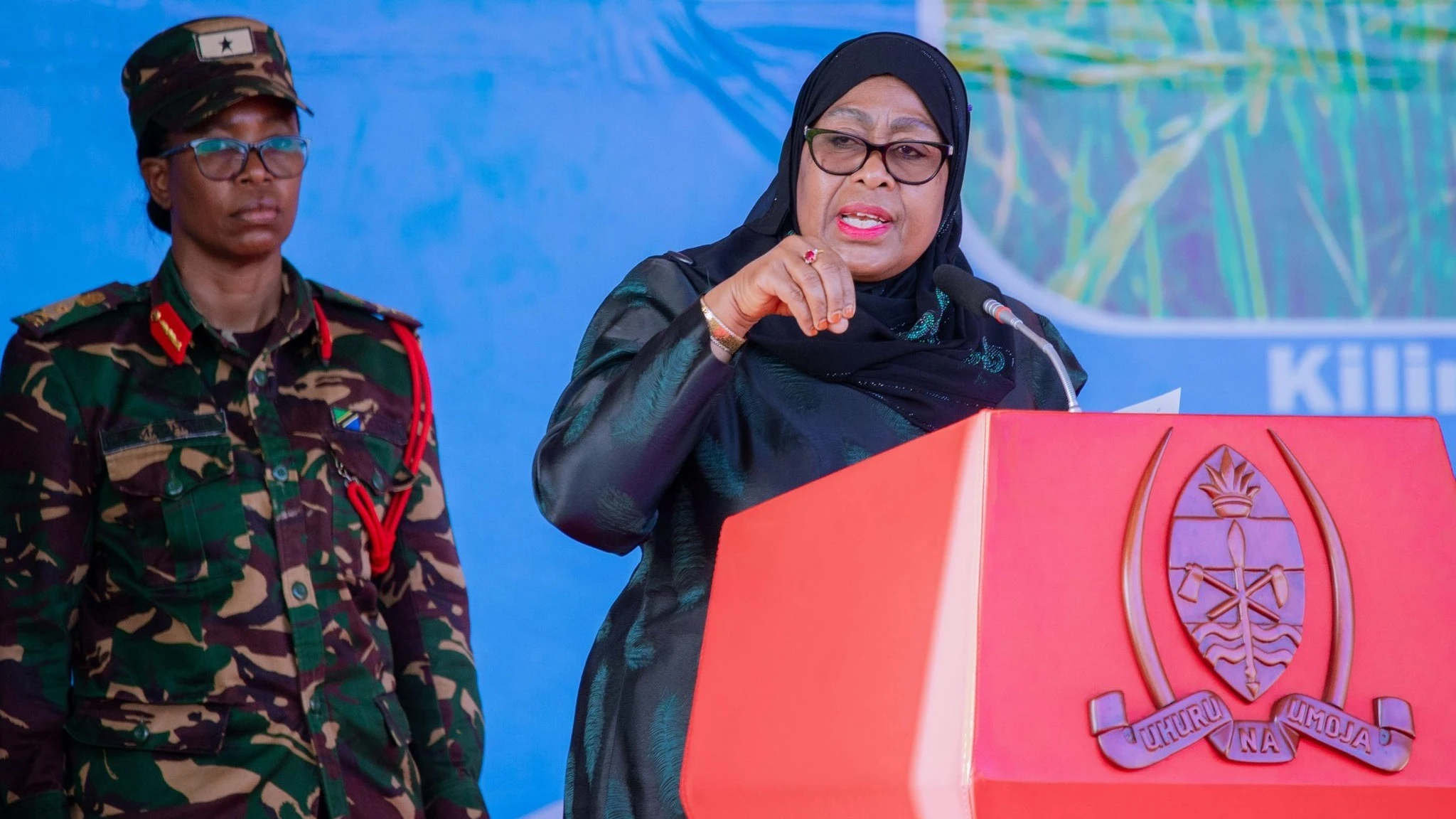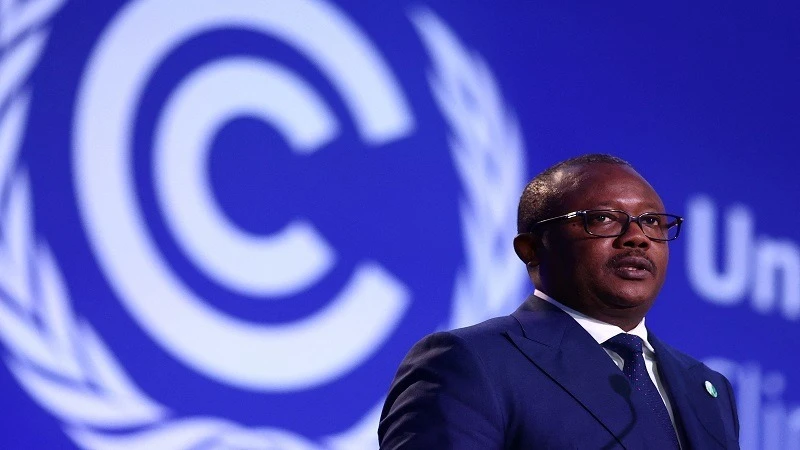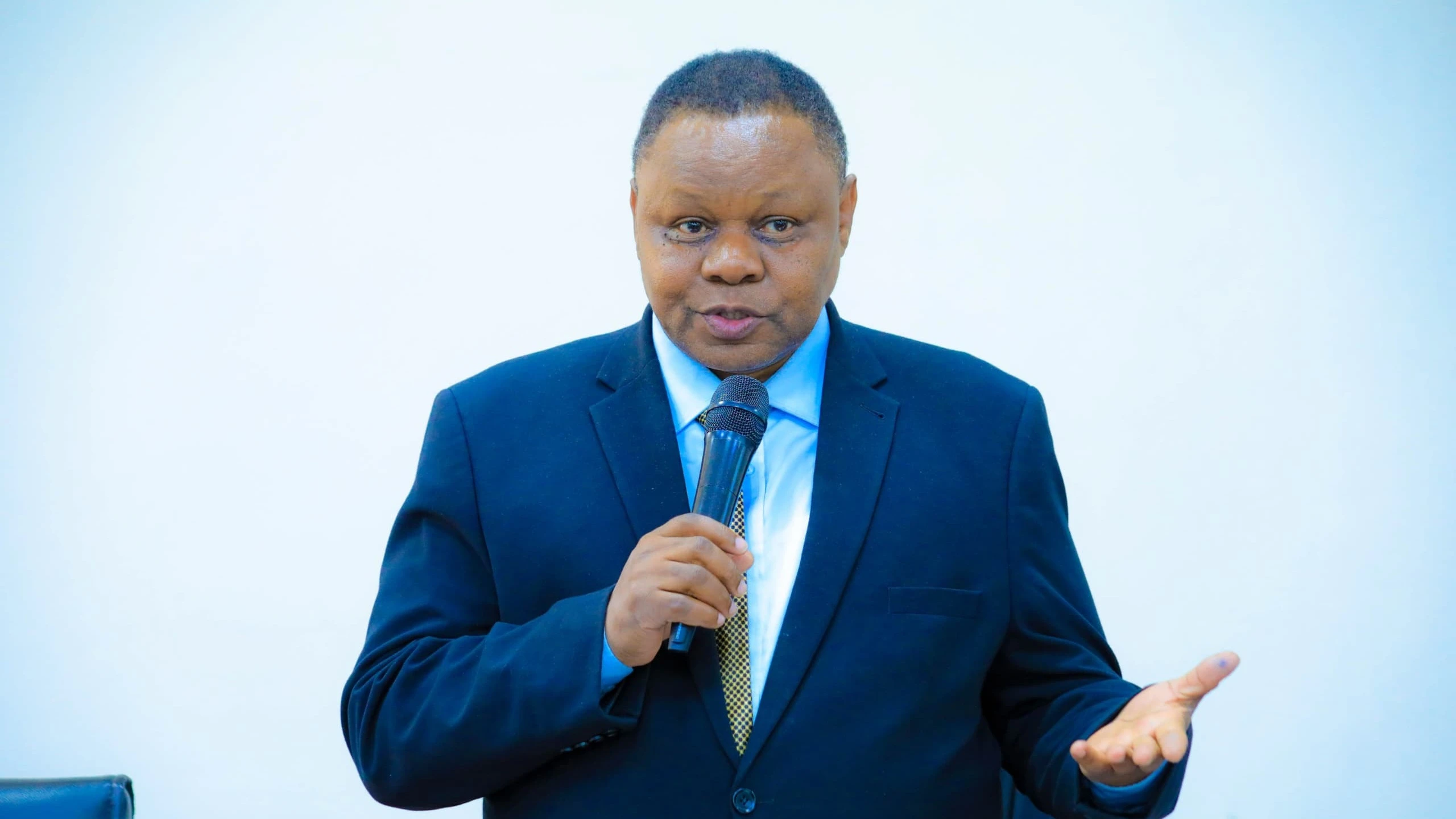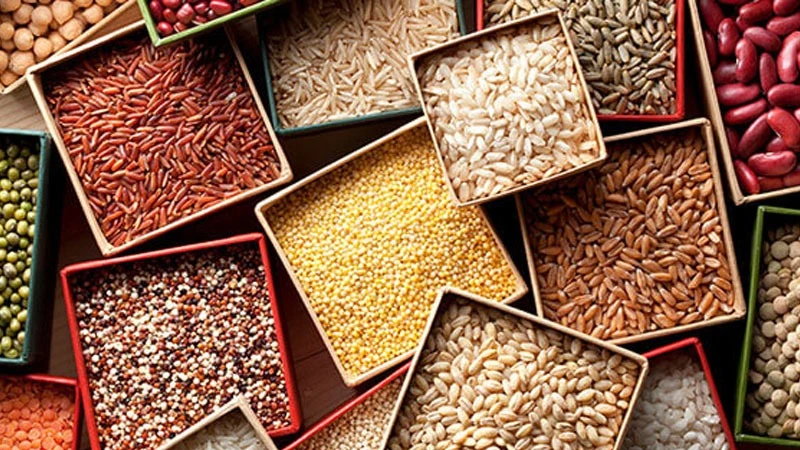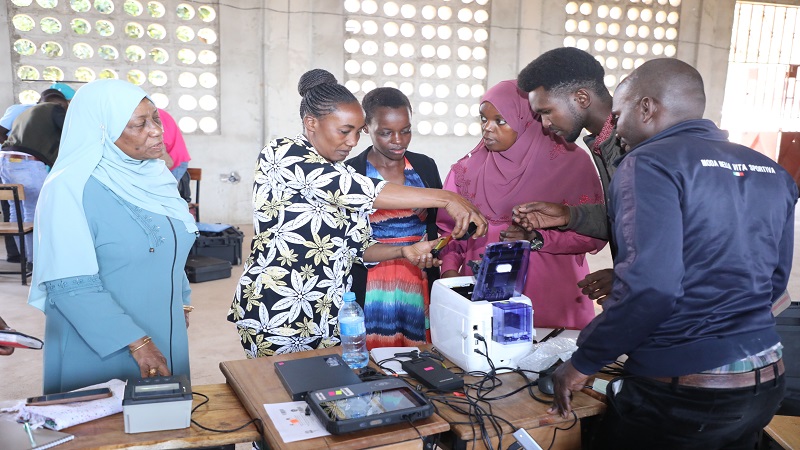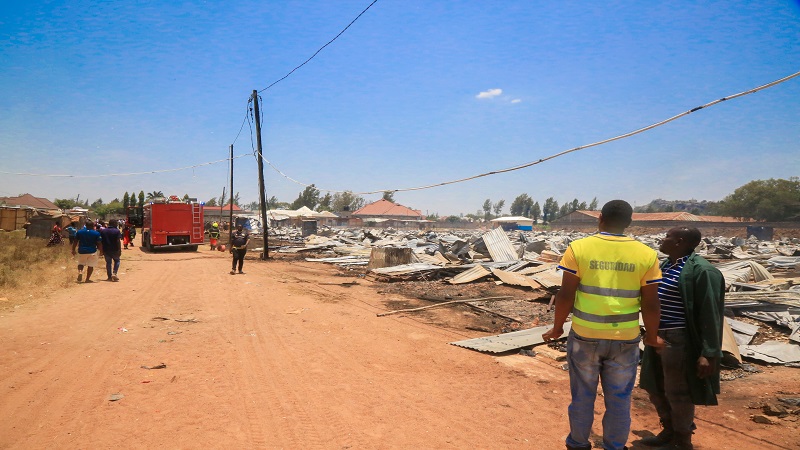USAID backs multi-sector drive to curb anti-microbial resistance
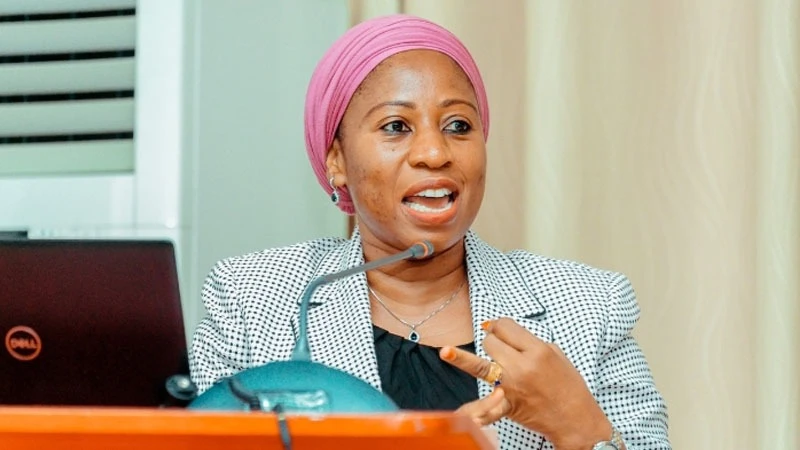
WITH funding from the United States Agency for International Development (USAID), the Prime Minister’s Office is coordinating an inter-ministerial ‘breakthrough action project’ to fight the sources of antimicrobial resistance (AMR) among people and various types of livestock.
Health minister Ummy Mwalimu affirmed the start of the project over the weekend at a meeting with Alex Klaits, the acting USAID head of mission, affirming that the campaign is directed against recklessness in drug use as costly to users and impacts profitability in the targeted sectors.
She said the campaign focuses on antimicrobial resistance and zoonotic diseases, highlighting the need for actions to prevent antimicrobial resistance as it develops in each instance of faulty use of drugs for human treatment and for various types of livestock.
Campaigning against the spread of zoonotic diseases works at the local level to develop community awareness to take up preventive action, she said, asserting that drug resistance is a serious challenge.
Its effects are diseases recurring and taking time for patients or animals to recover owing to the spread of stronger pathogens resistant to drugs, causing disability and even death, she stated.
Other economic effects of the situation include spending much time and money on treatment, cutting time allocated for gainful activities, family pains and loss of income, she stated.
The government is intensely engaged in dealing with AMR with the campaign meant to increase awareness about AMR and bring positive changes in personal attitude in handling medical drugs, both for persons and animals, the minister noted.
She outlined a work plan for the fight against AMR, the national action policy straddling 2023 to 2028, headed by the national committee for the fight against AMR. It is placed under the multilateral ‘one health’ project, where various concerned agencies and development partners contribute to specific projects.
The USAID director said the campaign builds on the 60-year partnership between the people of the United States and Tanzania, noting that the US is Tanzania’s largest bilateral donor.
The US has contributed upwards of $7.5bn in assistance, unlike loans with repayment requirements, in the past 20 years to strengthen security, boost economic growth, expand democratic participation, along with improving health, education and nutrition for ordinary Tanzanians, he explained.
“Together, let us move forward to protect the health and well-being of all Tanzanians,” the diplomat intoned, backing up the minister’s appeal to Tanzanians to ensure proper use of drugs to avoid further spread of antimicrobial resistance (AMR) and priority zoonotic diseases (PZDs).
“As a community we can only do a few things to deal with AMR such as properly following advice of health professionals, follow instructions from veterinary and agricultural experts,” she emphasised.
On top of that people need to use correct drugs for livestock, farms and washing hands with clean water with soap, maintaining the cleanliness of the domestic and wider environment,” she added.
Top Headlines
© 2024 IPPMEDIA.COM. ALL RIGHTS RESERVED








